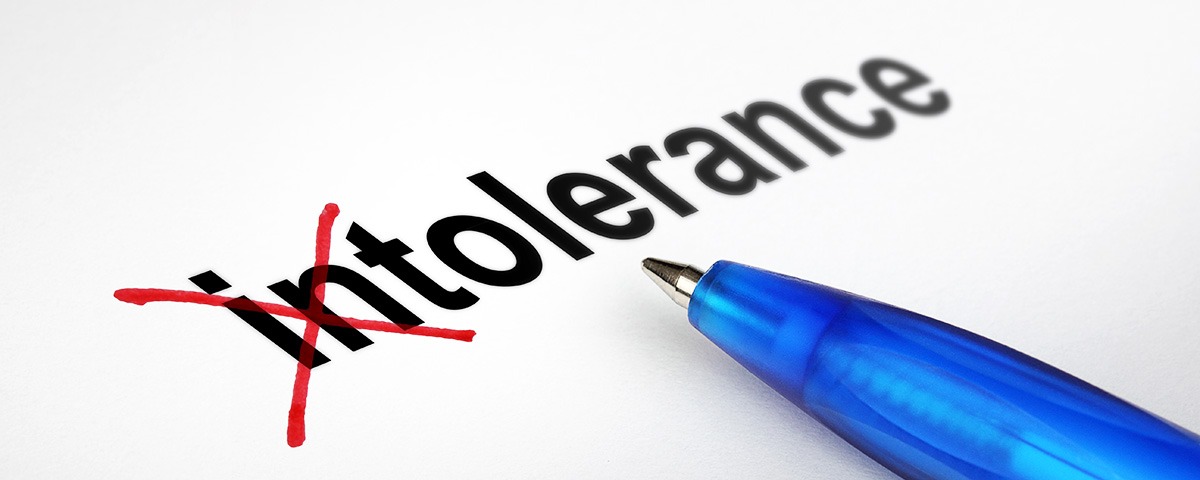Eight Values of Free Expression - Market Place of Ideas and Promote Tolerance
 |
Enormous amounts of people of all ages, genders, and races took to the streets to protest police brutality and demand justice in the summer of 2020. Photo retrieved from theindipendant.comMarketplace of IdeasThe market place of ideas, also known as the discovery of truth, was first thought up and established by John Milton. In his work Areopagitica, published in 1644, Milton shared his philosophy “Let [truth] and falsehood grapple; who ever knew Truth put to the worse, in a free and open encounter?” To put this more simply, Milton was suggesting that when "truth and falsehood are allowed to freely grapple" the truth will always win out the conflict between the two makes the truth even stronger. The more I delve into learning about this idea, the more important it seems to become to me - both as an average American citizen and as an aspiring journalist. As I read an article about the marketplace of ideas, called "The Illusion of a “Marketplace of Ideas” and the Right to Truth" written by Claudio Lombardi, it was pointed out that "According to the free-market vision of knowledge transmission and truth creation, protecting the marketplace of ideas means ensuring a plurality of information sources so that consumers can freely choose and select the truth." The article would continue to go on to explain that while information nowadays is so readily available, the amount of falsehoods and biases that are so clearly prevalent puts the idea of the market place of ideas in jeopardy. The beauty of the time we are in now is that we have a world of knowledge at our fingertips. We can log onto our smartphones or computers and within seconds either read the news or share some news of our own with a few clicks. This was something Milton would be very proud of since, one of his main purposes of the marketplace of ideas in the first place was to argue against the requirement of a license to print and/or publish ideas. There is something to be attributed to the issue that is being brought up in the article I linked above, that because anyone can publish anything to the internet there are plenty of falsehoods, misconceptions, and biases sites for people to fall victim to beliving. However, this brings us back to the main purpose of the very idea itself - that no matter the situation truth will always beat the dishonesty out and come out stronger on the other side. It is the reader's job to not be satisfied with the first answer he or she gets and to push on to dig a little deeper and fact check their sources. Again, the beauty of the internet area is they have many sources to fact check against. Promote ToleranceTolerance is defined by Merriam Webster dictionary as "sympathy or indulgence for beliefs or practices differing from or conflicting with one's own" and it is beyond important in today's day and age. Tolerance has become a hot ticket item in the American news cycle recently, whether it be focusing on race disputes or LGBTQ+ issues. Just this last summer, after the unjust deaths of George Floyd, Breonna Taylor, and many other African American people took to the streets to protest and demand justice. They demanded that there needs to be a change, there needs to be more tolerance in the world, especially regarding African Americans and police brutality.
This demand for justice is something we have seen a spike in the millennial and Generation Z demographic. According to the Pew Research Center "When it comes to race relations, Gen Zers and Millennials are about equally likely to say that blacks are treated less fairly than whites in this country. Roughly two-thirds of Gen Zers and Millennials say this, compared with about half of Gen Xers and Boomers and smaller shares among the Silent Generation." The ability to demand this justice and promote this tolerance is guaranteed to the people like United States citizens under the first amendment and the freedom of speech. However, the first amendment also protects intolerant and hate speech. It is up to the individual, to learn and grow despite the intolerant speech they are hearing and continue to promote their ideals of tolerance and respect despite what others may say. If the individual allows themself to sink to the level of the intolerant people, they are just communicating to those who do not know better than intolerance is what is acceptable. |


Comments
Post a Comment